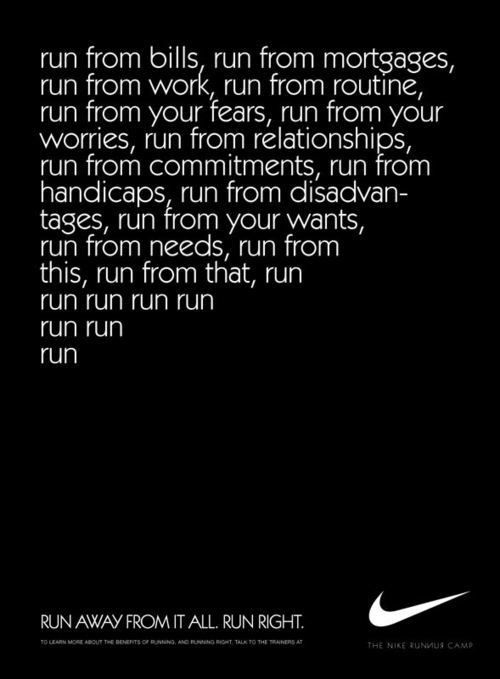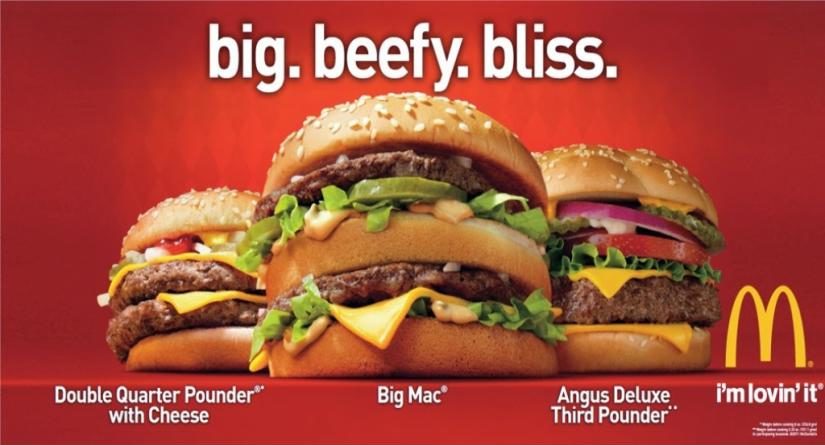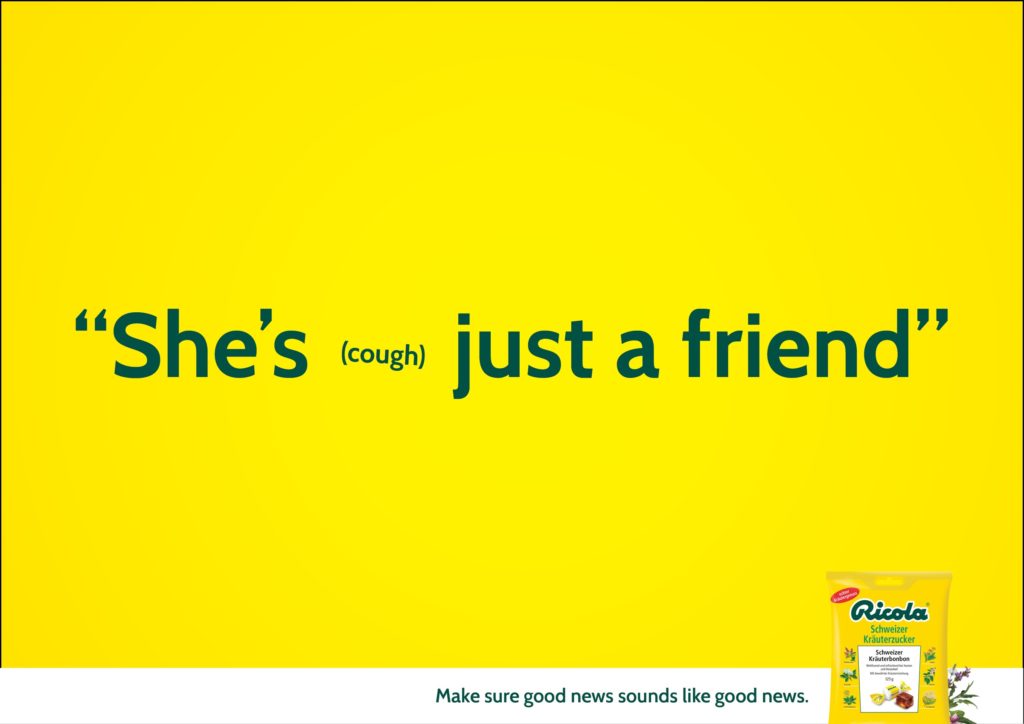The rules that copywriters just love to break.
Posted by James, 13 November 2020 (5 minute read)

Do you remember the writing rules that your teachers told you never to break? To this day, I still have visions of my Year 4 teacher telling us to recite ‘You must not start a sentence with ‘and’ or ‘but”!
And I remember others too:
- Sentences without verbs are not sentences
- Don’t split your infinitives (‘to boldly go where no one has gone before’ = WRONG)
- Always use adjectives to make nouns more interesting (how often were you told that ‘the cat sat on the mat’ was a bad example of a sentence!)
The older I get, the more I realise what almost all these ‘rules of good writing’ are afraid of.
Simplicity. Plain old simplicity.
Because simplicity is the opposite of sophistication, nuance and complication. And that’s bad, right?
But these so-called rules of writing are the very rules that copywriters just love to break. They love starting sentences with ‘but’, ‘and’, ‘so’, ‘because’ (I have 3 times already). They love avoiding unnecessary description. And they love using one-word sentences with no verbs.
So here are just a few of my favourites. The rules that copywriters just love to break.
Starting sentences with ‘but’, ‘and’, ‘so’, ‘because’
Good copywriting frequently breaks this rule. An act sure to make English teachers wince all over the land!
There are plenty of clients out there who say to their copywriters: ‘You can’t start a sentence with ‘and’ or ‘but’. I was told at school that was wrong’.
To which I reply: ‘Sometimes, the rules of writing need to be overlooked to get your point across in the most concise way possible. And when doing that, starting sentences with ‘and’, ‘but’, or ‘so’ is actually okay’.
Don’t just take my word for it. Here’s William Zinsser’s seminal On Writing Well (1998):
‘But the secret of good writing is to strip every sentence to its cleanest components. Every word that serves no function, every long word that could be a short word, every adverb that carries the same meaning that’s already in the verb, every passive construction that leaves the reader unsure of who is doing what – these are the thousand and one adulterants that weaken the strength of a sentence. And they usually occur in proportion to education and rank.’
Readers read to full stops. We all do it. It comes from being told to ‘take pauses at punctuation’ as children.
So with all this in mind, it’s often better to split long sentences into shorter ones. And don’t be scared of using ‘but’, ‘and’, or ‘so’ to break up your text (like I just did… see?).
Non-conforming capitalisation
There’s a commonly held misconception that capital letters are more impactful – especially in headlines / taglines etc. – because they stand out to readers.
In most cases, this is actually not true. Except with logos and in very short headings, you should avoid capitalising too many words in your titles, taglines and headings.
Take a look at this Nike ad. It only uses capitals in the tagline (and even uses all caps here to avoid ambiguity).
But the lack of capitalisation in the main body of text makes it much easier to read.
Basically, studies have found that too much capitalisation slows readers down and frustrates them. And that sounds like the opposite of ‘impact’ to me!
So if you thought that capitalising, say, the first word of each line would make a text ‘stand out better to a reader’, you would in fact be achieving the opposite.
Good copywriting is all about making words easy to read, easy to follow and easy to access. And these facts make non-conforming capitalisation one of the rules that copywriters just love to break.

Minor sentences
If the grammar police were the heroes of a story, then minor sentences would undoubtedly be their biggest villain.
Minor sentences are something of a rarity. They are sentences without verbs and often only one word long. This means copywriters love them, because – when used correctly – minor sentences are both efficient and effective.
Here’s a McDonald’s ad that uses three minor sentences in a row (note too the lack of capitalisation).

None of the words in this tagline are verbs. But none of them need to be. This is clear, concise copywriting. It’s unfussy. It’s straightforward. Even better, it breaks every rule in the book!
Many copywriting guides say that you should never be afraid of using short sentences. Well I would go one step further and say that you should never be afraid of using one-word sentences! Because when used correctly, they go a long way towards getting your message across.
Short, simple words
It’s not just the sentences that need to be short. It’s the words in them too.
Just like long sentences, long words are harder to read. This has nothing to do with a reader’s intelligence. It has everything to do with a reader’s time.
Most copy is read quickly – perhaps only for a few seconds – making too many long words a complete waste of time. As a result, good copy has to be understood. And understood fast. If it is, there is a far greater chance of meaningful impact.
Have a look at this brilliant example from Ricola. The ad uses just 13 words of copy, with all 13 classed as ‘short’ (1 syllable). This makes the words easy to read and understand. More importantly, you don’t need to spend long looking at them for the words to make an impact.

So there you have it. Just a few of the rules that copywriters love to break. Can you think of any others? Comment below, or tell me on Twitter @JWCopywriting and over on my Facebook page.
And if you need great copy that breaks all the rules but has a real impact on your target audience, then JW Copywriting Services is here to help! Take a look at what I offer and get in touch today.
Next Friday, I’ll be telling you about the crazy ways my PhD made me a better copywriter!
Have a great week,
JW
